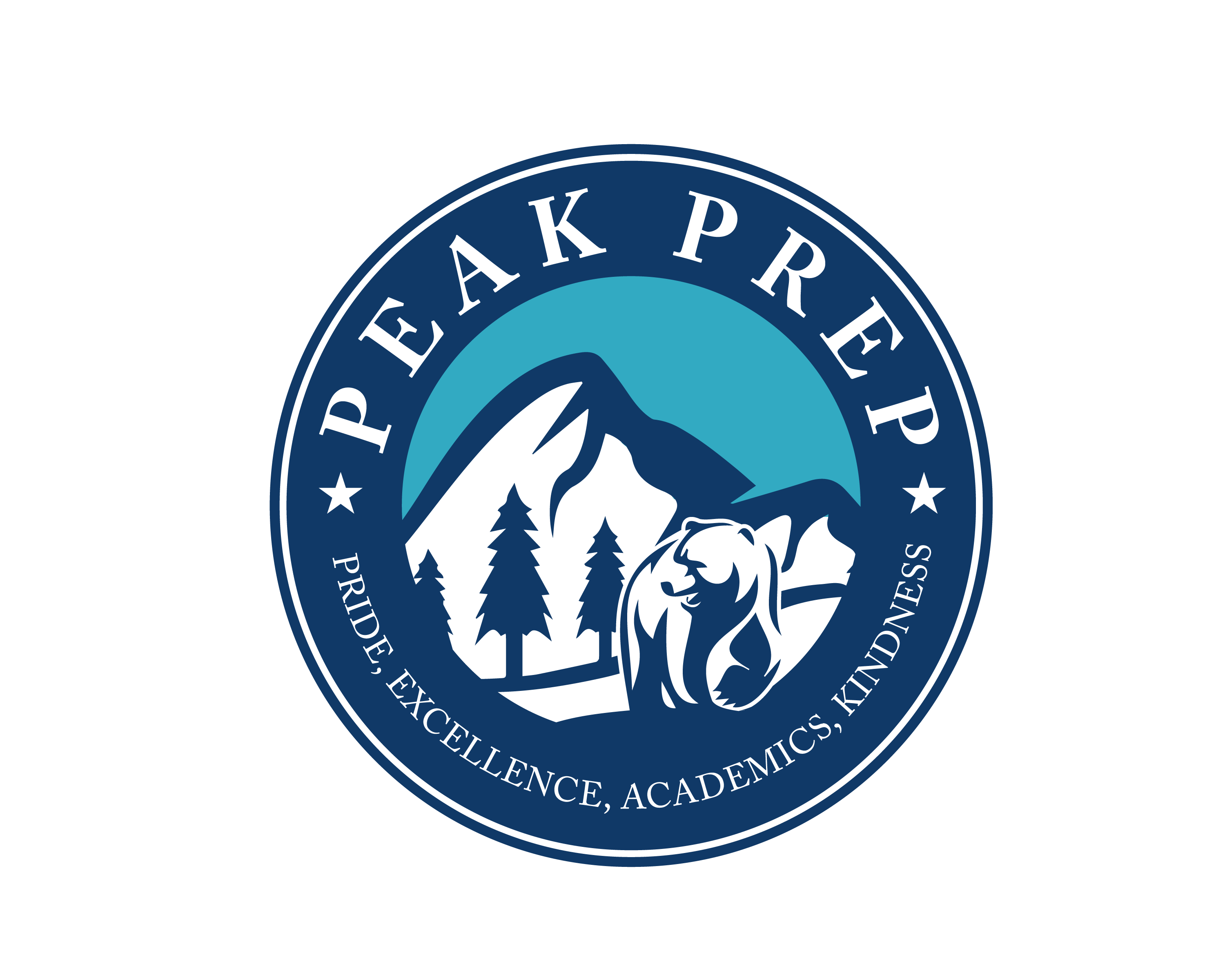RESOURCES
- Transition to Adult Life
- PSAT/SAT/ACT/AP
- Interview Best Practices
- CA Healthy Youth Act
- Suicide Prevention
- McKinney-Vento
- COVID-19 Family Resources
- Teaching Liaison
- Student Mental Health
Transition to Adult Life
Transition to Adult Life
PSAT / ACT / AP
SAT Testing
ACT Testing
PSAT/NMSQT
Advanced Placement Tests
INTERVIEW BEST PRACTICES
PRACTICE INTERVIEWING
-
Do mock interviews
-
Practice with a friend or family member on the phone
-
Record the call
-
Avoid ums, uhs, okays
PHONE INTERVIEW
- You should be prepared to take the call at a moment’s notice
- When on the call keep your resume in clear view
- Have a short list of accomplishments available to review
DURING THE INTERVIEW
- Don’t smoke, drink, eat, chew gum
- Keep a glass of water handy for a QUICK drink if necessary
- Use Mr./Mrs. And last name, only use first if asked to do so
- Smile, smiling changes the inflection in your voice in a positive way
- Speak slowly and clearly
- Take your time – it is perfectly fine to take a moment to collect your thoughts
- Give short answers
- Always remember the goal – set up a face to face interview
- Remember to thank the person for the opportunity to interview with them
TOP INTERVIEW MISTAKES
IMPROVE YOUR TECHNIQUE
CA HEALTHY YOUTH ACT
For more information on the curriculum we use, go to MS & HS Curriculum (under CA Healthy Youth Act) or reach out to your Health teacher.
SUICIDE PREVENTION
National Suicide Prevention Crisis Line
A 24-hour crisis line for individuals who are contemplating, threatening, or attempting suicide, including their family and friends. On online chat is also available on the website.
(800)273-8255
Crisis Text Line
The Crisis Text Line is fee, 24/7 support for those in crisis. Text from anywhere in the USA to text with a trained Crisis Counselor.
Text START to 741-741
Self Abuse Finally Ends (S.A.F.E.)
Addresses individuals coping with non-suicidal self-injury, including locally-based information, support and therapy referrals.
1-800-366-8288
Mental Health Awareness for Teens
Teen Line (6PM – 10PM)
A hotline for teens operated by teens.
(800) 852-8336
(800) TLC-TEEN
Trevor Project (24 hour hotline)
Providing crisis intervention and suicide prevention services to lesbian, gay, bisexual, transgender, and questioning youth.
(866) 488-7386
2-1-1
2-1-1 Ventura County is a comprehensive information and referral service. By simply dialing 2-1-1 or going to http://www.211ventura.org/ you can be connected to a specialist for personalized assistance with health and human services. 211 is available in multiple languages, is free, and confidential. 2-1-1 is one of the best places to gather information for a variety of family and mental health needs.
Interface Children and Family Services is connected with 2-1-1. It is based in Ventura County and has six core programs: Mental Health & Trauma, Youth Crisis Intervention, Reentry Services, Domestic Violence & Child Abuse Prevention, Human Trafficking, and 2-1-1 Information & Referrals.
(805) 485-6114
MCKINNEY-VENTO
Homeless Children are guaranteed enrollment in school by The Federal McKinney-Vento Act and California State law if you live:
To enroll in or attend school if you live under any of theses conditions, you do NOT need to provide:
COVID-19 FAMILY RESOURCES
TEACHING LIAISON

